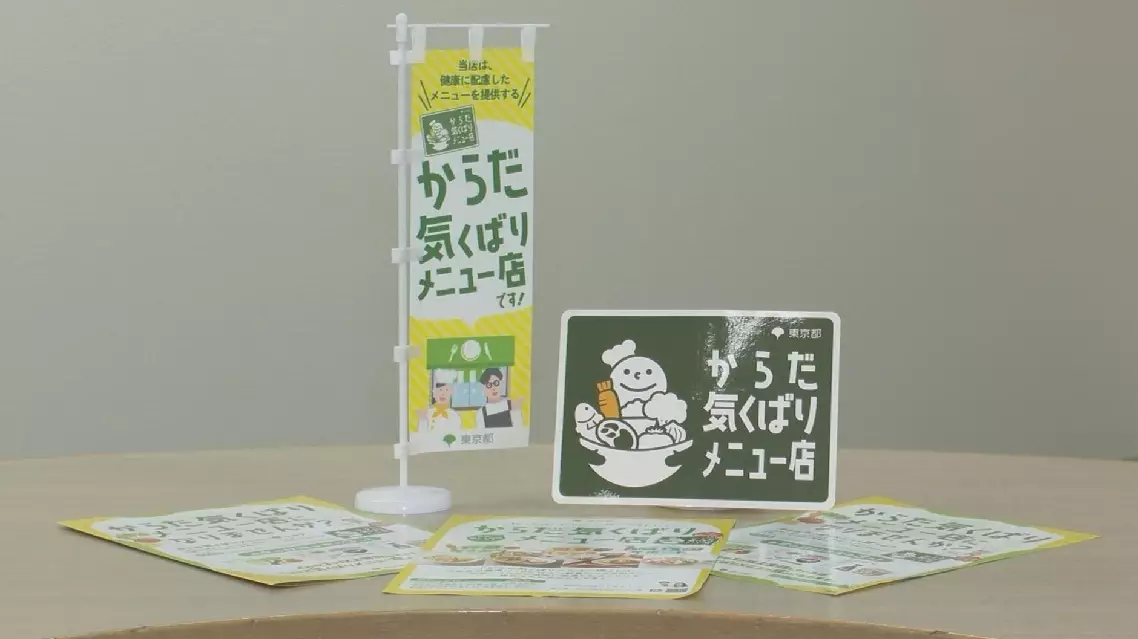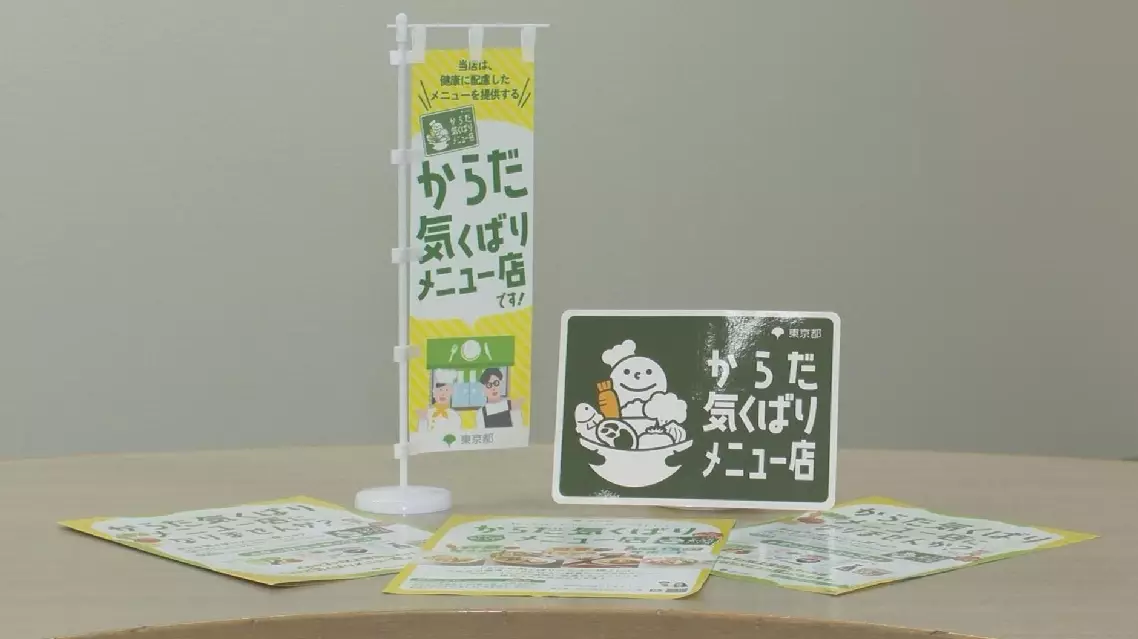Japan has rolled out a salt reduction campaign to reduce the hypertension rate among its people, as one in every three Japanese is estimated to suffer from high blood pressure, with high salt content considered to be the primary cause. A restaurant in downtown Tokyo specializing in tempura and soba noodles has been offering low-salt, health-conscious meals since last year, with the amount of salt per dish kept to an average of two to three grams.
Customers who prefer a light taste can further dilute the dipping sauce with the accompanying plain soup. No salt for sauce is added during the tempura preparation; instead, a salt shaker is provided so that customers can season their food according to their taste and health needs.
"As high blood pressure tends to develop with age, reducing daily salt intake is the most important thing for me," said a local resident.
"In general, older adults, fitness enthusiasts, and even some younger people are paying more attention to reducing salt intake. People are becoming increasingly health-conscious, and there are more and more customers with such needs," said Seitoku Seimiya, restaurant director.
According to statistics from Japan’s Ministry of Health, Labour and Welfare, the average daily salt intake among Japanese people is 9.8 grams, nearly twice the amount recommended by the World Health Organization (WHO).
To encourage restaurants to offer healthier meals, the Tokyo Metropolis Bureau of Public Health launched a certification program for restaurants that provide low-salt dishes and services in October last year. Certified restaurants are allowed to display standardized promotional banners and signs, and their information is published on the Tokyo Metropolis government’s official website.
Currently, there are 73 certified low-salt restaurants in Tokyo.
"It is essential for the public to understand the healthy dietary standards from both qualitative and quantitative perspectives," said Kiyotaka Chiba, director of the Health Promotion Division of the Tokyo Metropolis Bureau of Public Health.
In Japanese cuisine, commonly used seasonings like soy sauce and miso paste are also high in sodium in addition to salt. As health awareness increases, many brands have started offering reduced-sodium seasonings.
To reduce salt without compromising flavor, a Japanese company is collaborating with university research institutions to develop an "electric seasoning" device.
The device generates a mild electric current in the mouth by applying electrodes to the chin and the back of the neck, enhancing taste perception through electrical stimulation. Research has shown that, for example, a 0.5 percent saline solution can be perceived as up to 1.6 times saltier than its actual concentration.

Japan rolls out salt reduction campaign to reduce hypertension rate

Japan rolls out salt reduction campaign to reduce hypertension rate









